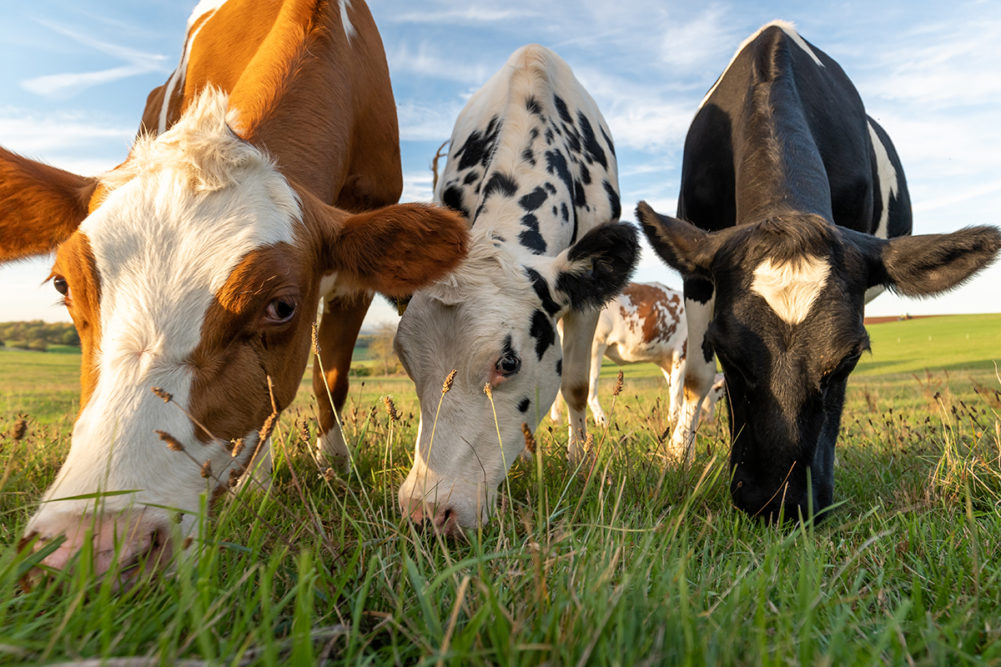FORT COLLINS, COLO. — Colorado State University’s AgNext research collaborative announced a new, open access sustainability tool for the beef industry. The Feed Additive Calculator Tool (FACT) for Beef allows farmers, ranchers and feeders to better understand their methane emissions as well as how the use of methane inhibitors may affect profit margins.
Sara Place, feedlot systems specialist and associate professor at Colorado State, created the tool, drawing on her extensive market experience and time in the industry.
Cattle naturally produce methane in their rumen, but at varying levels based on their forage consumption and other dietary factors.
With the anticipation of feed additives that could soon be available to further reduce methane, Place predicts added costs for farmers, ranchers and feeders. If applied, however, the feed additives could create opportunities for eligible carbon credits or payments received for adopting carbon reduction practices.
The FACT for Beef will help producers determine their baseline methane emissions and how new additives may impact their bottom line, animal performance and the operation’s methane contributions.



